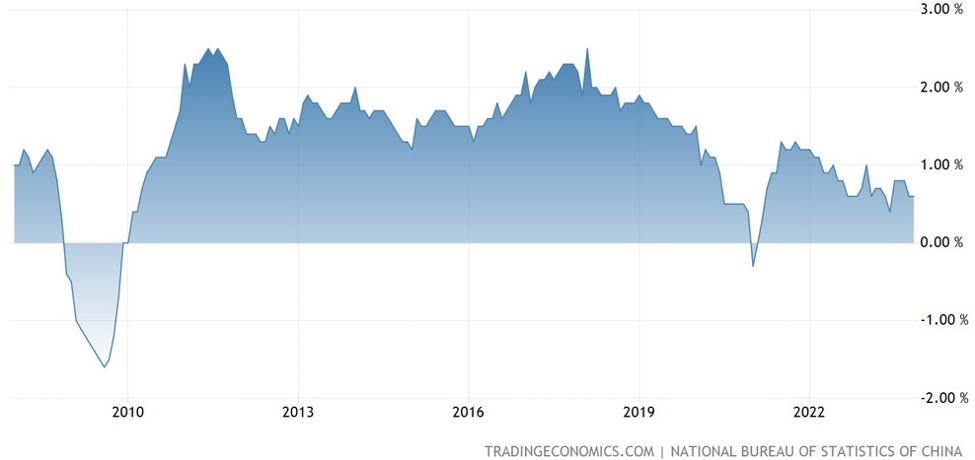- Final Services PMI 50.8 vs 51.2 expected and 51.1 prior.
- Final Composite PMI 50.6 vs 50.9 expected and 50.4 prior.
Key Findings:
- Renewed downturn in order books
- Marginal output growth in January
- Fastest reduction in employment for four years
Comment:
Tim Moore, Economics Director at S&P Global Market
Intelligence, said:
“January data highlighted a challenging business
environment for UK service providers as stagflation
conditions appeared to take a firmer hold at the start of the
year. Output levels increased only marginally, while input
cost inflation accelerated for the fifth month in a row to its
highest since April 2024. Businesses widely noted sharply
rising salary payments and many also felt the impact of
suppliers passing on forthcoming increases in employers’
national insurance contributions.
“A renewed downturn in new business volumes added to
signs that the near-term UK economic outlook remains
tilted to the downside. Service providers typically cited
risk aversion among clients and subsequent cutbacks to
investment plans, albeit with resilient spending continuing
in areas such as technology services.
“Business activity expectations for the year ahead
weakened in response to subdued demand in January, with
optimism now the lowest since December 2022. A range of
growth headwinds at home and abroad were cited by survey
respondents, including elevated interest rates, geopolitical
uncertainty and a post-Budget slide in domestic business
confidence.
“The twin perils of shrinking workloads and rising payroll
costs meant that many service providers put the brakes
on recruitment in January. As a result, total employment
numbers across the service economy decreased to the
greatest extent for four years. Job cuts were seen in
most sub-sectors, with leisure and hospitality businesses
indicating a particularly sharp rate of decline.”
UK Composite PMI















